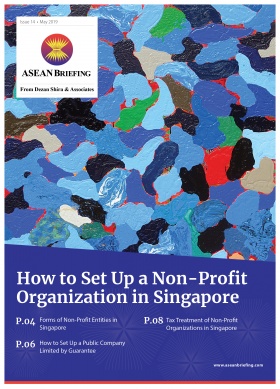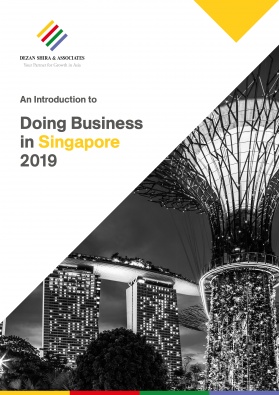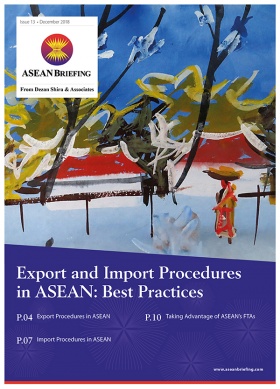Business Structures in Singapore: Subsidiaries, Branch Offices, and Representative Offices
- Foreign investors have a number of options for business structures in Singapore.
- The most popular options include establishing a subsidiary, branch office, or representative office, depending on business interests and requirements.
- Foreign investors should seek to learn more about the market before investing to ensure their structure is best suited to their business plans.
Foreign investors can set up a variety of business structures in Singapore for their investments. Establishing a subsidiary, branch office, or representative office are some of the most popular options.
Investors need to assess their specific business needs before deciding on a corporate structure to operate from. Those entering Asia for the first time, for instance, may want to set up a low-risk, exploratory presence in the form of a representative office, while those looking to use Singapore as a springboard to access the ASEAN markets may need more strategic commitments by setting up a branch office or subsidiary company.
Singapore’s investment-friendly landscape has made it a premier regional hub, attracting a multitude of international firms engaging in conventional as well as new-age industries across Asia and the world. This is reflected from its impressive Ease of Doing Business ranking and strong network of free trade agreements (FTAs) and double tax agreements (DTAs).Despite this, investors need to be aware of the risks presented by each avenue of investment and determining the ideal route for market entry or expansion needs thoughtful consideration about the intended scope of investment, the nature of business activities, tax implications, and legal liability.
Subsidiary companies (private limited companies)
A Singaporean subsidiary company, also known as a private limited company, is by far the preferred structure among small and medium-sized (SME) foreign companies for setting up a local business presence in Singapore.
A subsidiary company is considered as a separate entity; the foreign company cannot be held for the liabilities of the subsidiary. The subsidiary is subject to local corporate taxes and can benefit from tax incentives available to local companies.
As foreign investors can own 100 percent of companies registered in Singapore, many international companies utilize Singaporean subsidiaries as holding companies. This means they have the advantage of gaining access to the wider Asian market and ASEAN Free Trade Zones, as well as FTAs through ASEAN, which include ASEAN-Hong Kong, ASEAN-India, and ASEAN-China.
This is particularly helpful for companies looking to set up larger manufacturing operations elsewhere in ASEAN. Like local private limited companies, the parent company’s liability is limited to the share capital is has subscribed in the subsidiary.
Branch offices
Foreign companies can establish branch offices to conduct any type of business activity that falls within the scope of the parent company.
Branch offices are not eligible for the tax exemptions and incentives available to local companies as ultimate control of the branch remains vested in the overseas parent company. Furthermore, branch offices are subject to Singaporean taxes.
The name of the branch office must be the same as the parent company and as a legal extension of the parent company, the parent company must bear ultimate legal responsibility for all liabilities and be registered with the Accounting and Corporate Regulatory Authority (ACRA), which is responsible for the monitoring of new companies in Singapore. Because of this liability, many foreign companies choose to establish a subsidiary or private limited company rather than branch offices.Representative offices
Representative office (RO) is a short-term, temporary arrangement with a limited purpose; however, it must be established for a minimum of three years. This set up is an ideal choice for foreign investors who are still researching their investment options before setting up a fully-fledged office in Singapore.
Companies looking set up an RO must have sales turnover of at least US$250,000 and must be represented by staff from their own HQ or a Singaporean citizen. ROs can be staffed by a maximum of four individuals, with the parent company bearing liability for the activities of the RO and is responsible for financing its operations.
The RO is confined to activities set out by Enterprise Singapore, the government agency under the Ministry of Trade responsible for the registration of RO’s. These include:
- Gather information on markets and potential clients;
- Carry out research to ascertain product/service information;
- Develop trade contacts and manage product enquiries;
- Participate in trade shows and exhibitions; and
- Gather information on regulatory requirements for the set up of a permanent entity.
About Us
ASEAN Briefing is produced by Dezan Shira & Associates. The firm assists foreign investors throughout Asia and maintains offices throughout ASEAN, including in Singapore, Hanoi, Ho Chi Minh City and Jakarta. Please contact us at asia@dezshira.com or visit our website at www.dezshira.com.








